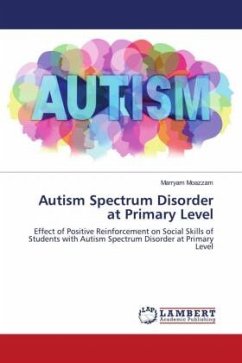Can we experience less turmoil in school reform? Yes, we can, if administrators seek a holistic plan, taking care of the interacting emergent outcomes of possible rational choices of all stakeholders. Dynamical systems theory (DST) considers the interactive evolution of multi-dimensional concerns in a change setting. In this book, Isaac brings in new insight on DST as applied to the complex social systems, creates a screening convention for dynamic change scenarios and a DST framework for proactive analysis of dynamic change scenarios in planning for change. To facilitate proactive planning design, Isaac describes ten generic process structures and other pragmatic process structures in reality to detail design of change implementations. It is now possible to use futuristic dynamic models to manage change, not to mandate a single trajectory but to facilitate the rational choices of independent stakeholders towards favourable outcomes that match the policy intent. Despite groundingDST on school change scenario in this book, Dynamical Systems Theory should find wide application to all organisational change and improvement attempts.
Bitte wählen Sie Ihr Anliegen aus.
Rechnungen
Retourenschein anfordern
Bestellstatus
Storno








